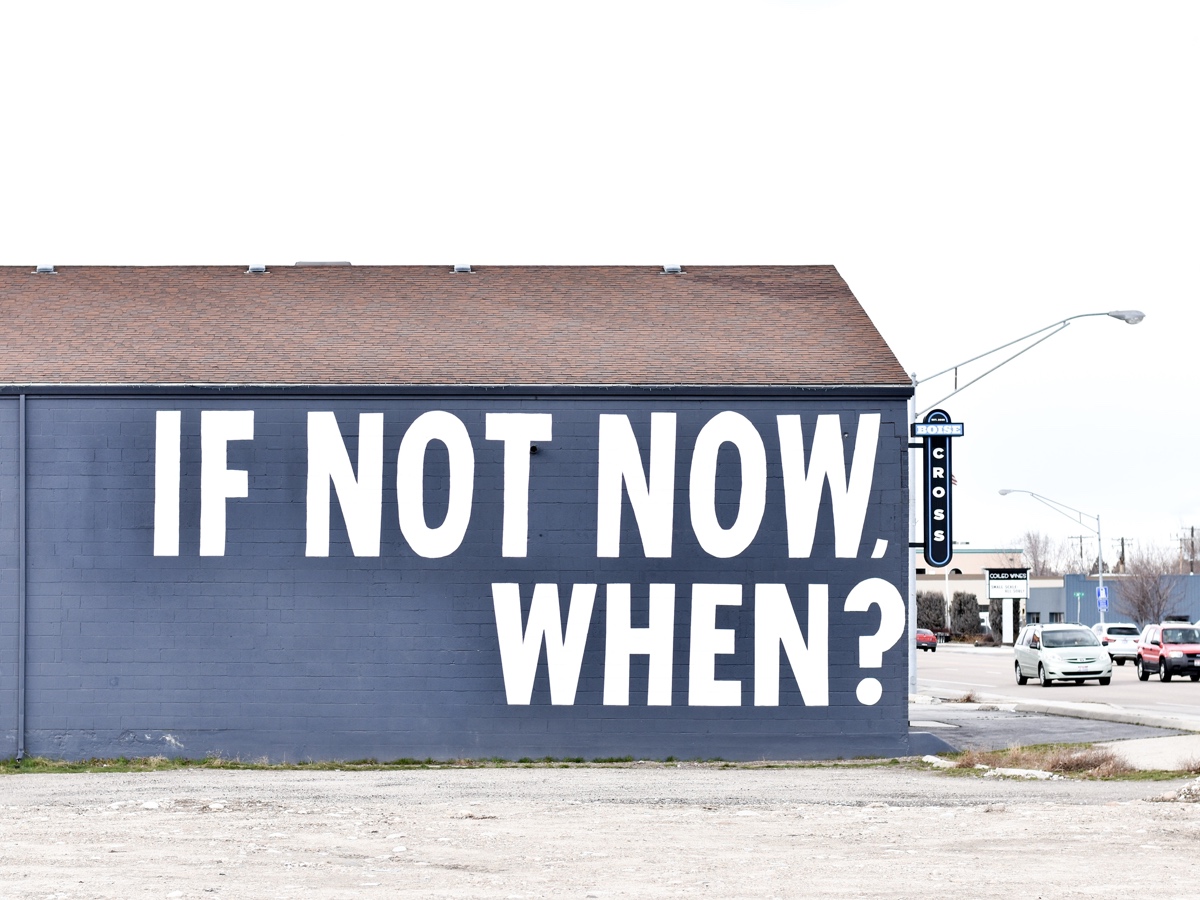Status Quo
You have successfully completed your interview series, your survey or your usability test? Then you can finally reap the fruits of your labour. After the evaluation, you can approach stakeholders with your results, work out optimisations together with the product teams and plan tests of new iterations. Of course, motivation remains essential in this phase as well – for participants, the various stakeholders and for yourself.
After the interview
We have successfully completed the interview. Now it is a matter of finding a conclusion with the participants that continues to maintain the motivation that was created and positively resolves the relationship between UX Researcher and those interviewed. This is not only important on a human level, but also in case we continue the cooperation or resume it for another project. As a result, it is important to leave a good impression on the participants; to thank them for their cooperation and useful feedback. Also important: Incentives should always be paid promptly.
For longitudinal studies and if repeated invitations are to be sent to the same persons, it is recommended to thank for the cooperation by mail after several joint iterations.
Evaluation and communication
These two topics alone are worth several blog posts of their own. Since they are crucial for the effect of your research, we will nevertheless briefly discuss them here.
Make sure that your research project is evaluated as soon as possible, especially during interviews and usability tests. This way the interview situation is still fresh in your mind and is easier to handle. Keeping the motivation as a researcher is as important as the motivation of the participants. If you present the results directly afterwards and still have them in mind you will have more fun with this part of the project.
Presentation of the results
Once you have finished the evaluation, you can finally present the results to the responsible product teams. Communicating the test results can be delicate if it turns out that another iteration is necessary. In this case, carefully justify the necessity of the additional iteration and clearly show the potential.
In this phase it is helpful to give very practical advice on implementing the results. This way you enable product teams to achieve their goals and communicate the project successes and necessary investments to their superiors. If possible, include stakeholders already in the evaluation of your tests and collaborate with them to develop suggestions for improvement. In this way, your test results receive additional support.
Immediate feedback and presentation of concrete results and revisions is desirable so that product teams can continue working directly. The better stakeholders are enabled by the research results to solve upcoming tasks efficiently, the more they appreciate the value of user research and the more closely they will want to involve research in further development.
Let’s start!
We hope that our input helped you on your way to highly motivated participants, exciting test results and rewarding debriefings. Now it’s up to you. Which project do you want to tackle?
Image Source: Unsplash.





